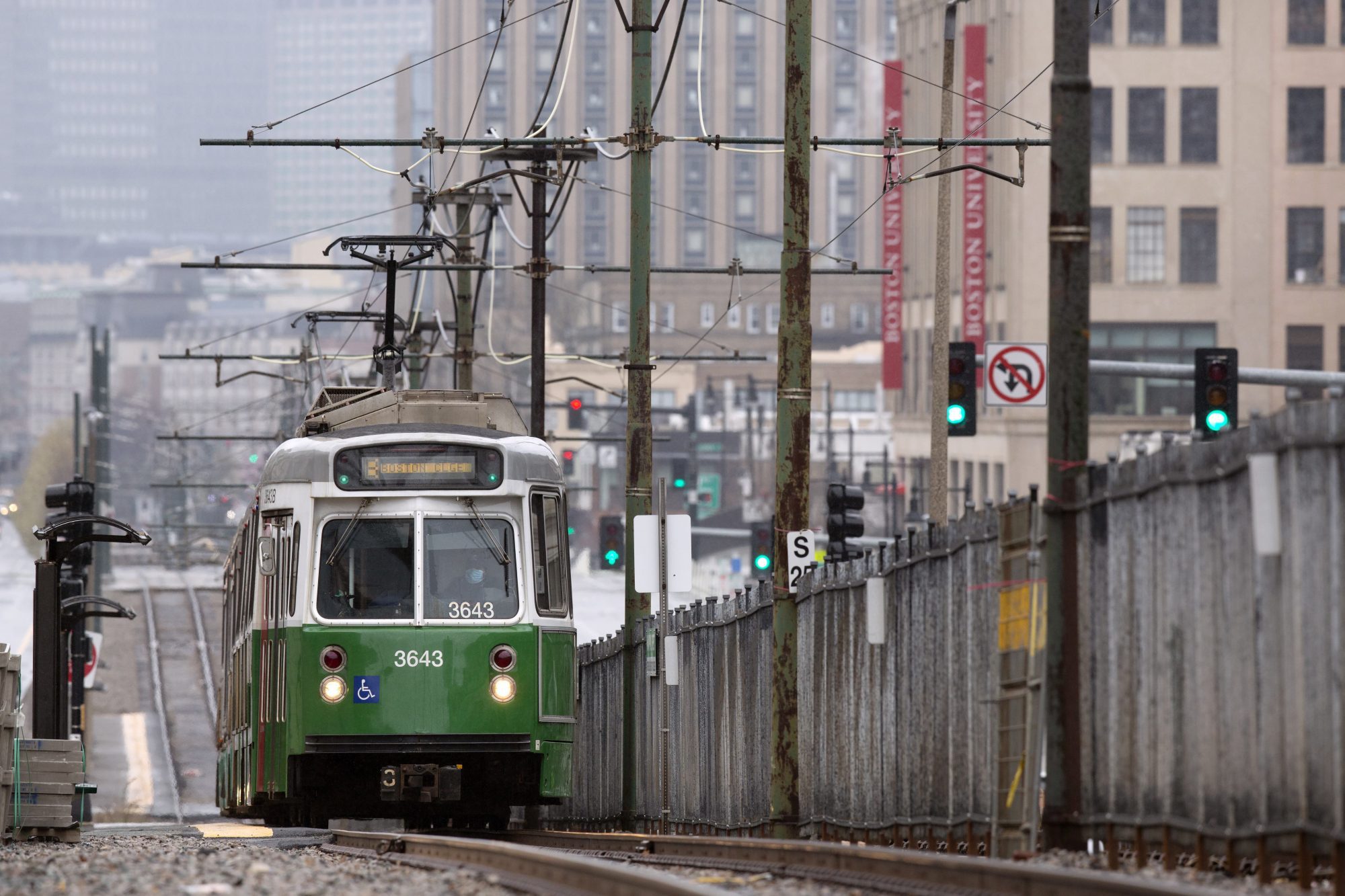The new Green Line extension inaugurated on Monday in Somerville marks the first time in 35 years the Massachusetts Bay Transportation Authority (MBTA) added new track miles to its core mass-transit lines.
But the extension and plans for expanding it to Medford represent only a fraction of the vision transportation planners laid out in 1947 when they imagined mass-transit lines snaking across eastern Massachusetts, including a Blue Line ending in Lynn.
Post-World War II suburbs and the birth of the federal interstate-highway system doomed Massachusetts Bay Transportation Authority (MBTA) expansion proposals to the dusty piles of forgotten plans stuffed on shelves in the back rooms of state offices.
Blue Line advocates kept their mass-transit vision alive across the decades with the Lynn Business Partnership accelerating conversations with public officials beginning in the 1990s.
They rooted their arguments in simple logic: Commuter Rail service from Newburyport, Rockport, and Ipswich through Lynn and into Boston is infrequent, expensive, and North Station is an impractical Boston stop for people working in the city’s Financial District.
Extending the Blue Line to Lynn, they argued, means easy access to Boston jobs for North Shore residents and provides an affordable commuting alternative to drivers.
COVID-19’s economic deep freeze hit the pause button on these arguments, but a hopefully-subsiding pandemic saw Lynn public officials join U.S. Rep. Seth Moulton this week in urging the MBTA to time travel back 75 years when transportation planners advocated for ” …faster, cheaper and more comfortable service.”
They want the MBTA’s Capital Improvement Plan, set to be released on Thursday, to combine electrifying the Commuter Rail line running through Lynn with more stops and fare reductions.
The project carries an $815 million price tag — just over one-third the Green Line extension’s final cost. The officials’ goal is to get the “environmental justice corridor” — as the project has been dubbed — included in the final, five-year priority spending plan the MBTA Board of Directors is scheduled to vote on in May.
The project received initial approval in November 2019 by the MBTA Fiscal Management and Control Board.
With Lynn seeing downtown residential construction and a renewed focus on how the city reviews development, it’s time for the MBTA to commit to an idea that meets the objectives of the vision of 1947 and delivers equity to North Shore commuters.

